‘Humour over rumour’: lessons from Taiwan in digital democracy
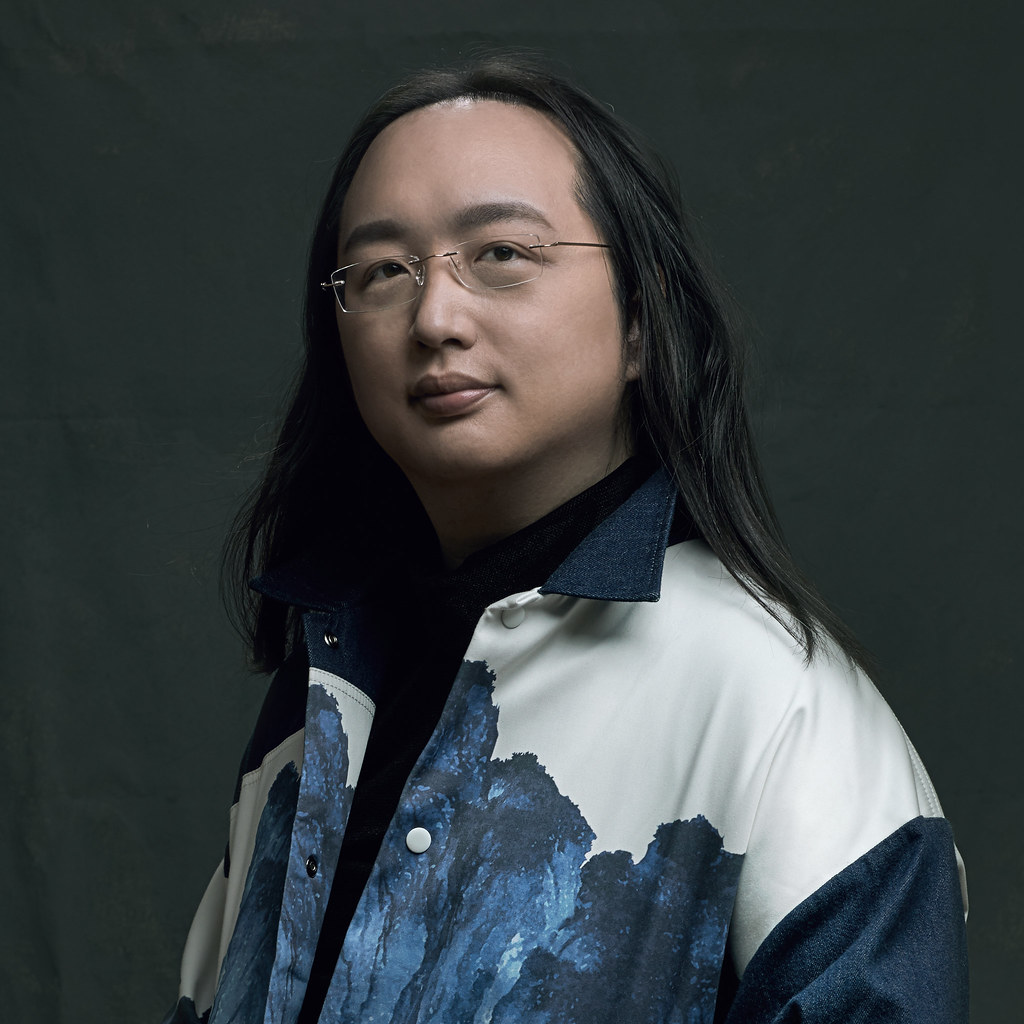
Democracies around the world are scrambling to respond to the increasing challenge of online disinformation. Audrey Tang, digital minister of Taiwan, explains how democracy and digital tools have become inseparable in the island state.
Audrey Tang boasts a unique trajectory: from school dropout to hacker to the world’s first transgender minister. Tang’s job is now to make Taiwan a global leader in digital democracy. Ever since the small Asian island state managed to get to grips with the coronavirus better than almost any other country, she has been a common name in international media.
SWI #freedomofexpression series
In principle, everything should be crystal clear. Articles 19 of both the Universal Declaration of Human Rights (1948) and the UN Covenant on Civil and Political Rights (1966) stipulate that “everyone shall have the right to freedom of expression; this right shall include freedom to seek, receive and impart information and ideas of all kinds, regardless of frontiers, either orally, in writing or in print, in the form of art, or through any other media of his choice.” In Europe, the European Convention on Human Rights (1950) confirms freedom of expression as a legally binding right (article 10). Switzerland enshrines this fundamental freedom in article 16 of its 1999 constitution.
In practice, however, much remains contested. Many governments around the world are not protecting the right to freedom of expression but are increasingly undermining it. In other parts of the world, individuals and groups brandish the term “freedom of expression” to justify discriminatory and hateful speech. But although it is a universal right, freedom of expression is not an absolute right. Ensuring it and applying it is always a tightrope walk.
In a new SWI swissinfo.ch series we address these various aspects, challenges, opinions, and developments around freedom of expression, both in Switzerland and around the world. We provide a platform for citizens to express themselves on the issue, offer analysis by renowned scholars and highlight developments locally and globally. And, naturally, readers are invited to join the conversation later this spring and to make their voices heard.
As Tang tells the Neue Zürcher Zeitung newspaper, she doesn’t work for the government; she works with the government. She does not head a big-budget ministry, nor does she manage an army of bureaucrats. Rather, she sees herself as a direct link between the country’s rulers, on the one hand, and voters and activists, on the other.
Only a few countries around the world maintain official diplomatic relations with Taiwan – Switzerland is not one of them. China meanwhile still sees the island and its 23 million inhabitants as part of its territory. And yet, despite the circumstances, Taiwan has managed to position itself as a democratic pioneer: in the latest democracy ranking of the Economist magazine, Taiwan ranks just ahead of Switzerland.

More
How Taiwan became a lab for digital democracy
SWI swissinfo.ch: Nowadays, social media is perceived more like a loss for democracy than a gain. Hate speech and fake news are regularly pointed out as dangers. What’s your perspective from Taiwan? Do you share this pessimism?
Audrey Tang: I don’t usually think in a framework of optimism and pessimism. I tend to think in terms of a prosocial, civic infrastructure as opposed to an antisocial, private sector infrastructure.
Social media, whether antisocial or prosocial, can still remain social. Just the same as we have physical places for people to talk about politics in a structured way: a town hall, a park or a university, an academic setting, people can also talk about politics in a noisy bar or in a nightclub. In these places people have to shout and compete with alcoholic drinks, private bouncers and so on, around them. In this case, there’s also a discussion going on, but it’s maybe not so prosocial.
We also have different configurations for social interaction in the digital space. In Taiwan, the Sunflower Student Movement was largely responsible for creating its own communication infrastructure based on so-called “situational applications”.
Here, digital spaces are created and coded according to the communication needs in the relevant area. We don’t retrofit or adapt ourselves to the antisocial corners of social media. We shape the interactions the way the participants want. This has been the case in Taiwan for quite a while, for the past 25 years.
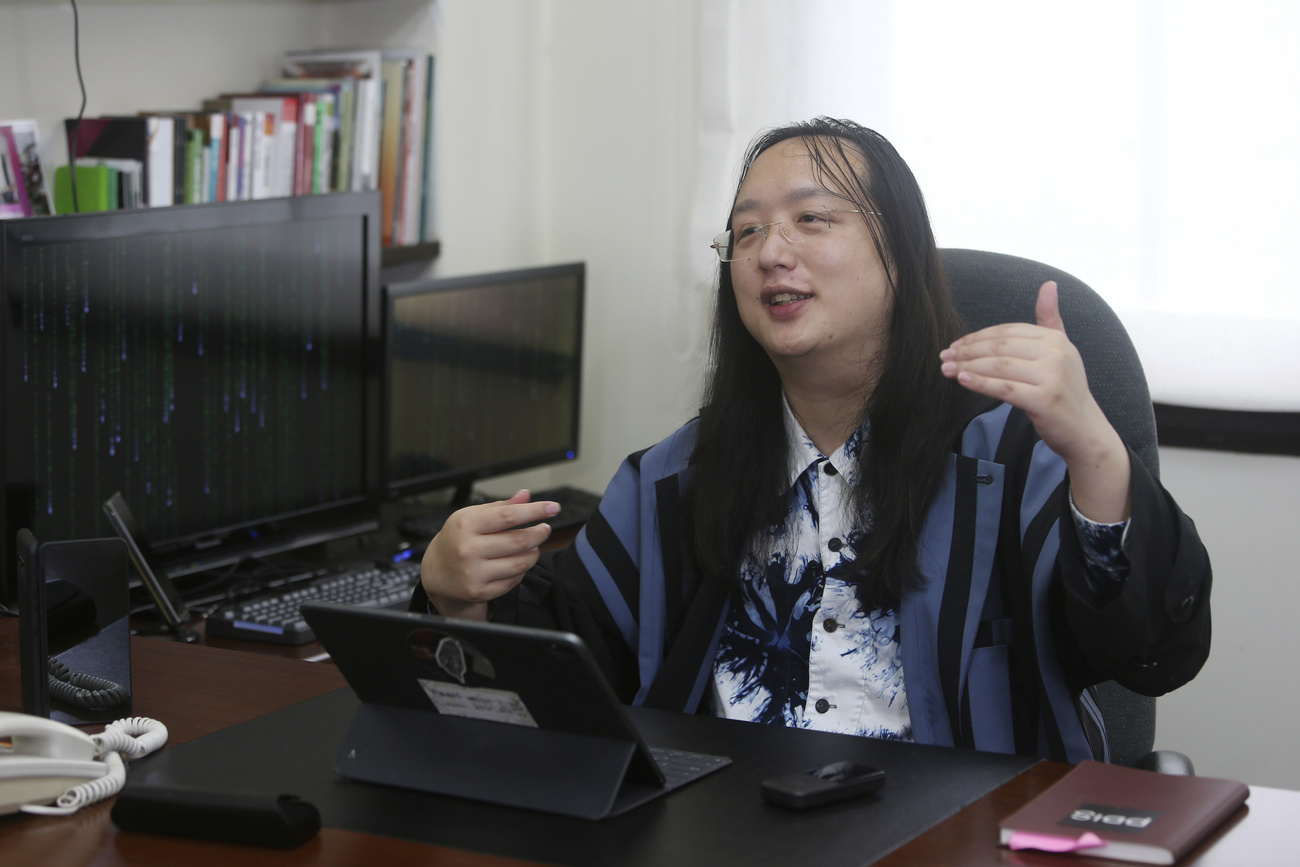
SWI: Staying with this image of the nightclub or public park: in such places, you also need guidelines on how to behave…
A.T.: A town hall isn’t just any hall, right? The town hall induces a set of norms such as taking turns speaking and listening. These norms are important. Taiwan’s idea of democracy as a form of technology captures this norm very well, in the sense that if anyone thinks there’s something wrong with the existing democratic process, they don’t then just protest for the sake of it. People demonstrate in order to show how things could be better, just as we can try out different software layouts or designs for public parks.
I want to emphasise that whereas last century, people often said, “you need literacy in order to participate in democracy”, nowadays we say, “you need to be competent in order to participate in digital democracy”. The difference is that literacy is about receiving, whereas competence is about co-creation.
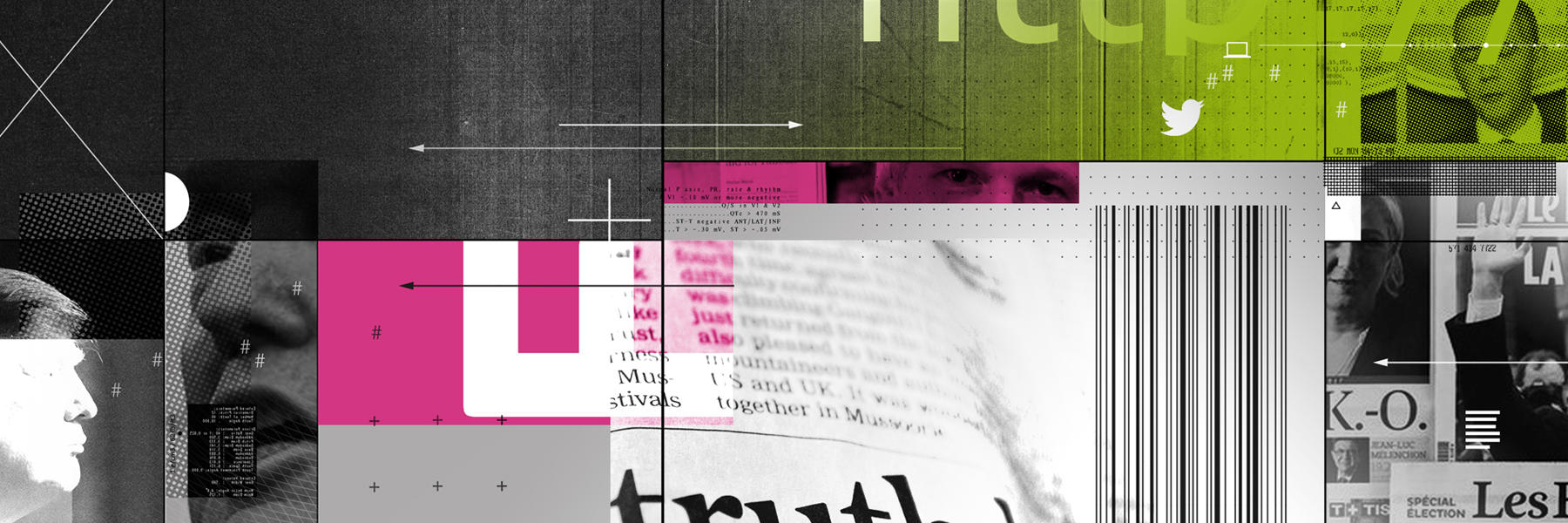
More
How Switzerland has responded to online disinformation
SWI: How do you help people gain such ‘competence’?
A.T.: Instead of saying to young people, “first you become an adult, then you can participate in democracy”, we say, “no, go ahead and start your citizen’s initiatives”.
More than a quarter of citizen initiatives in Taiwan are digital democracy platforms started by people under the age of 18. Many have a big impact, like banning plastic straws in our national drink, the bubble tea.
What’s important here is lifelong learning, intergenerational solidarity, reverse mentoring, and making sure young people get to set the agenda, so that they feel included in democracy even before adulthood.
SWI: What needs to be done to make private commercial social media less antisocial?
A.T.: If they were willing to act in a prosocial way, a lot of their existing infrastructure could be positive. In Taiwan, if they don’t work in a prosocial way, they know they will face social backlash.
That is, when people have a clear idea of what’s considered a norm, multinational social media companies which violate this norm will face a lot of problems.
If there is no particular norm for a certain issue, for example, around campaign finance transparency, then, of course, social media companies can just ignore the state altogether.
In Taiwan, civil society literally occupied Parliament to demand transparency. They walked into the National Auditing Office to gather carbon copies of campaign expenditure reports, and then they scanned them to make digital, analysable data.
This hard-earned transparency in terms of campaign expenditure became a social norm. Facebook thus can’t refuse a popular social demand to publish the political and social advertisements on its platform as real-time open data. Foreign interference or sponsorship is simply banned, similarly to campaign finance – but we didn’t pass a law to ban it. It’s an entirely social sanction.
SWI: You have a slogan for fighting fake news – “Humour over rumour”. Software detects disinformation in social media, and before it goes viral, you send out your own message, which makes fun of the fake news item. The goal is that the “funny” facts spread more quickly than the disinformation. Is this an accurate way of describing it?
A.T.: Yes, and among our fact-checkers there are many middle-school students. This is part of what I referred to as competence.
SWI: Do you have similar tools or ideas to fight hate speech on the Internet?
A.T.: People can flag content to a counter-misinformation tool, like Line (Japanese messaging app). Such content could include intentional disinformation which is harmful to the public good. It could also be simply spam, like classic junk mail [laughs]. A lot of that is still around in messaging channels. It could also be hate speech. When this content is flagged, the dashboard on the Line platform shows what’s trending, what’s going viral, but without noting whether it’s disinformation, spam, hate speech, or something else. Very neutral – simply, this is what’s going viral.
What’s viral is not necessarily toxic. But when it is toxic, an early detection system enables the “humour over rumour” strategy to take effect. Because if you wait a week, even if you wait just one night, then the toxic memes have already entered people’s long-term memory.
When we roll out within a couple of hours a funny response, it motivates people to share something enjoyable, rather than something retaliatory or discriminatory, and then people feel much better. The key is the quick reaction. Online, you can have the best plan, but it doesn’t work if you wait a few days.
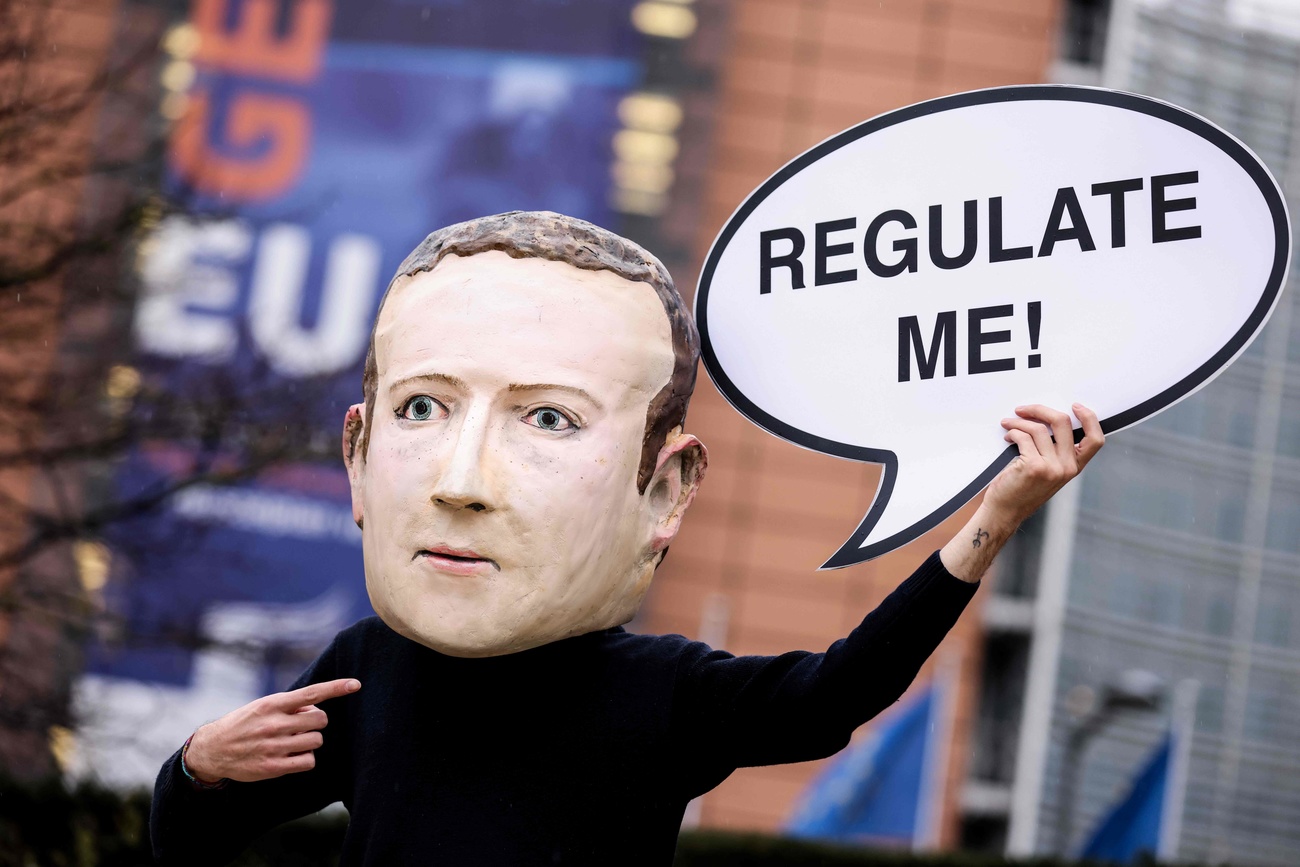
More
Switzerland ticks differently with social media laws
Adapted by Domhnall O’Sullivan, swissinfo.ch

In compliance with the JTI standards
More: SWI swissinfo.ch certified by the Journalism Trust Initiative

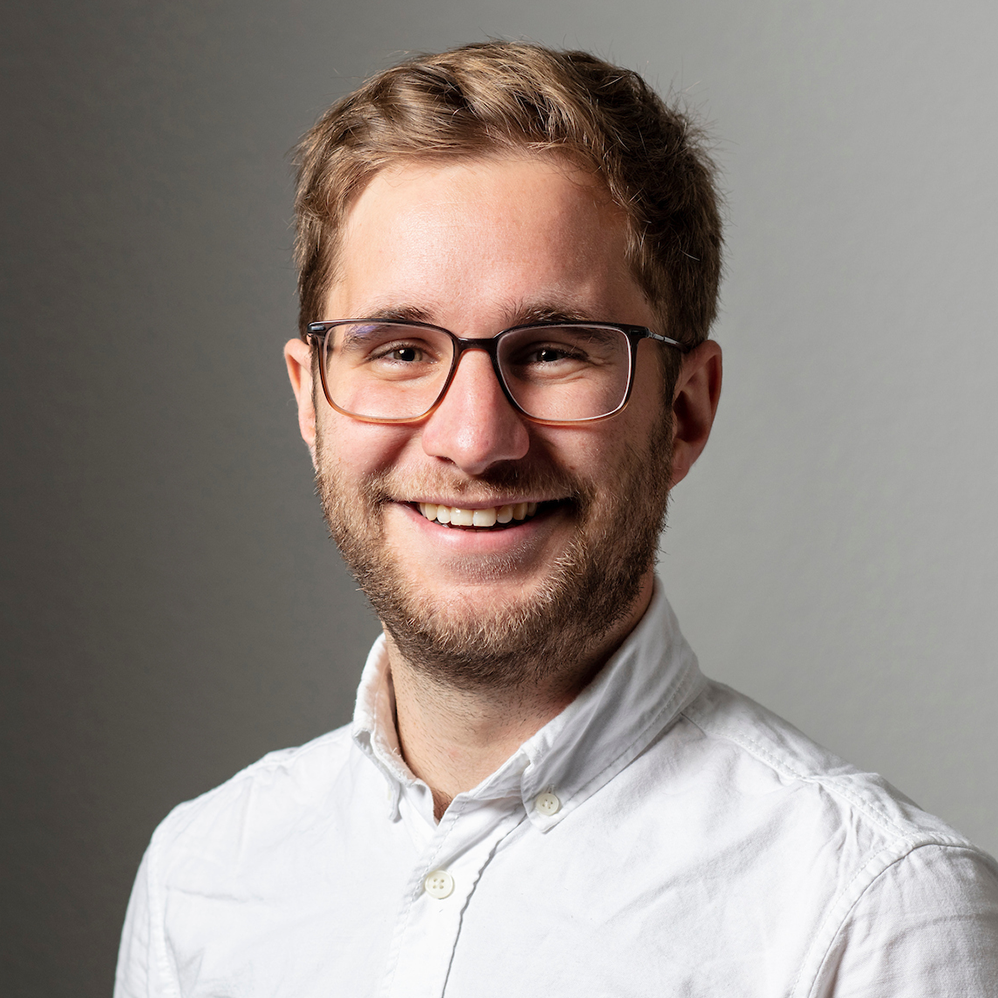










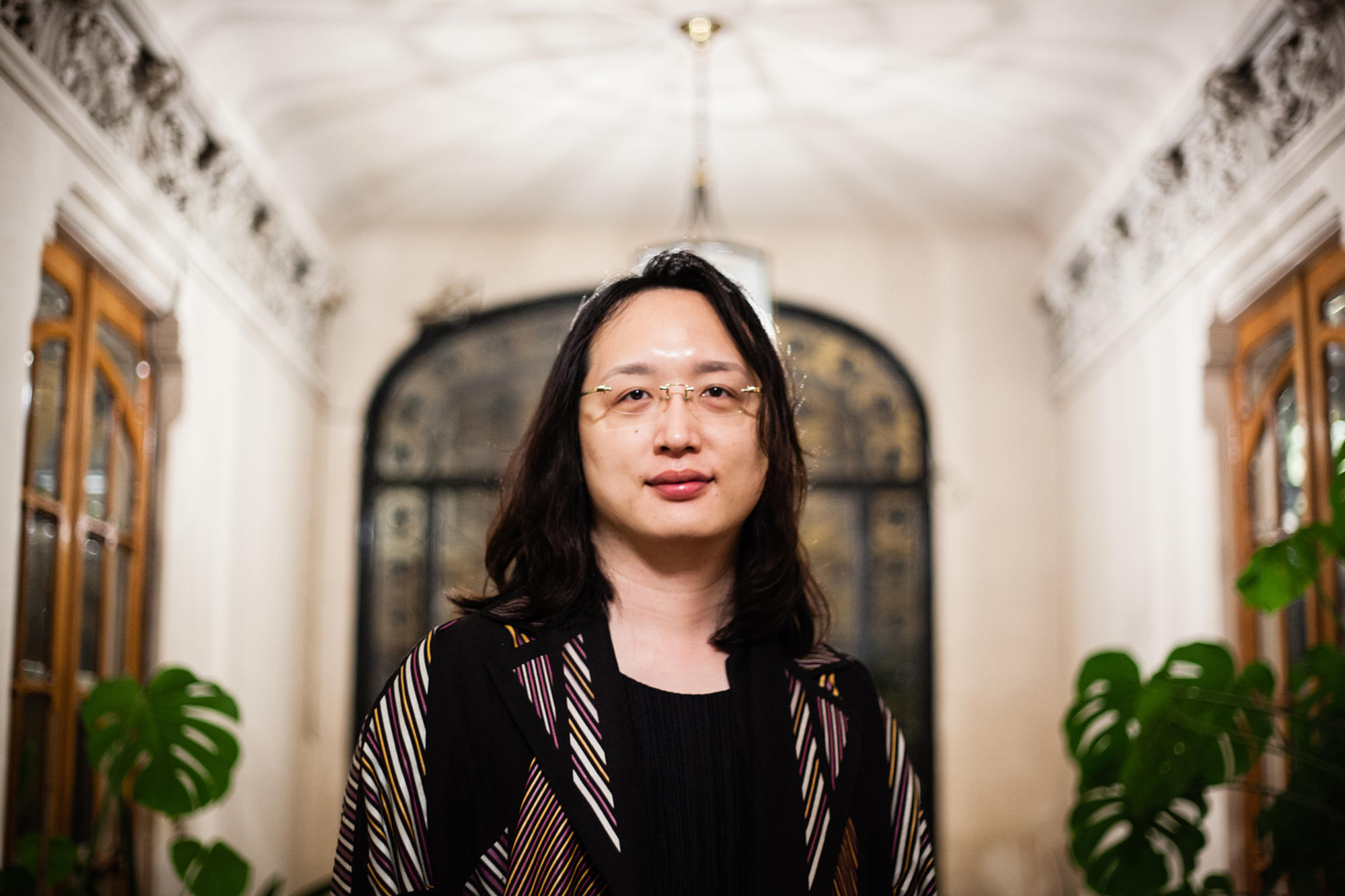

You can find an overview of ongoing debates with our journalists here . Please join us!
If you want to start a conversation about a topic raised in this article or want to report factual errors, email us at english@swissinfo.ch.